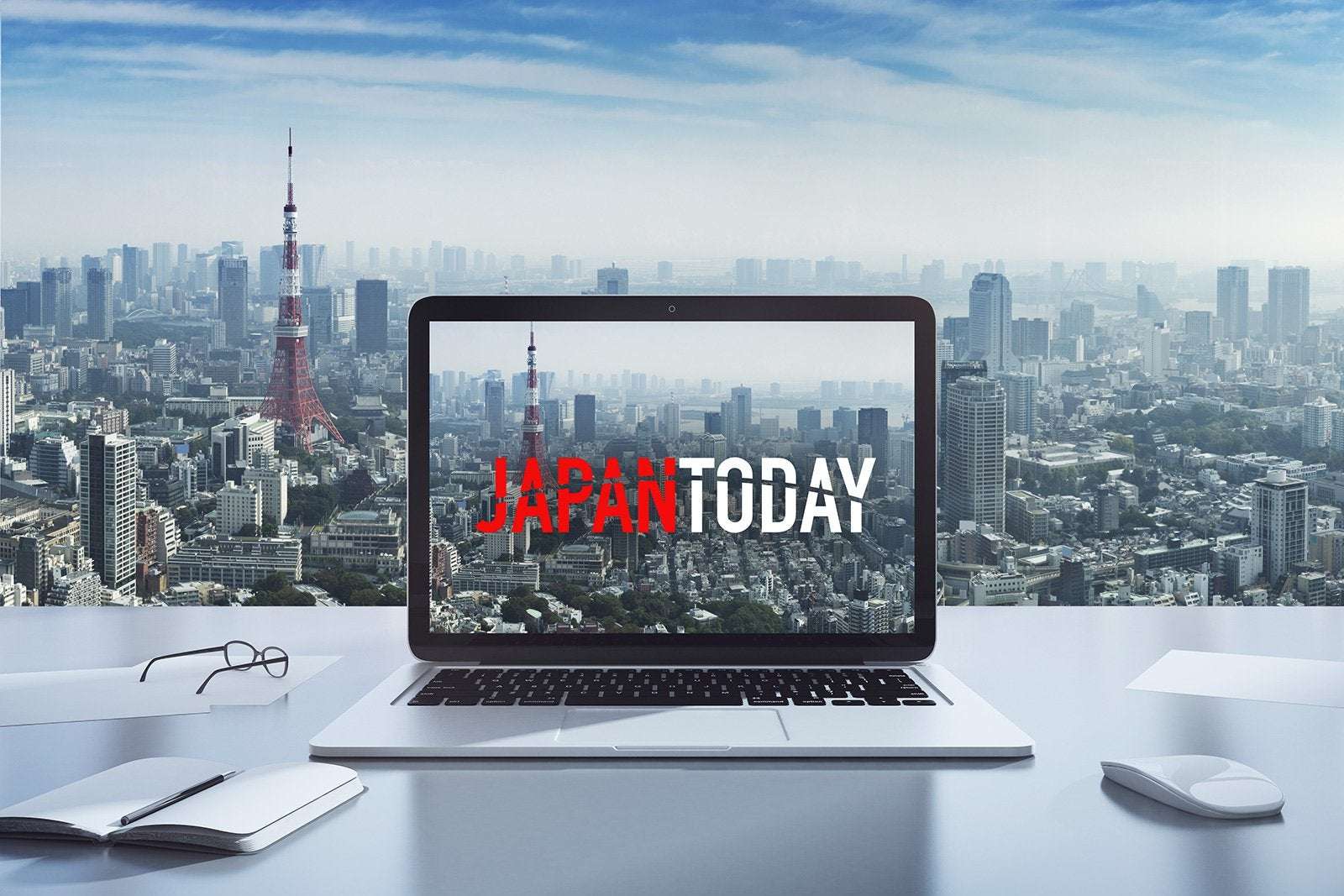Hollywood silent film star Charlie Chaplin passed away 40 years ago this coming December. This year is also happens to mark the 85th anniversary of the Little Tramp's first visit to Japan.
Chaplin's sojourn, recalls Yukan Fuji (June 10), coincided with an anti-government uprising by ultranationalist officers in the Imperial Japanese Navy that resulted in the assassination of Prime Minister Tsuyoshi Inukai. It was later learned that Chaplin had also been targeted for assassination.
In late March 1932, a naval officer named Kiyoshi Koga learned that Chaplin, on a round-the-world cruise, planned to stop over in Japan and attend a VIP reception at the invitation of Inukai. In Koga's warped way of thinking, killing a world-famous actor in the presence of so many important political and economic figures might go so far as to cause a break in Japan-U.S. relations, possibly even leading to war, which Koga -- when testifying in court -- said he believed was inevitable.
The plotters -- reactionary elements of the Imperial Japanese Navy, aided by Army cadets and former members of a civilian ultranationalist group that called itself the League of Blood -- were foiled by Chaplin's inability to keep to his travel schedule. While visiting Bali in the former Dutch East Indies, Chaplin contracted a tropical disease and became indisposed. His ship was due to arrive in Kobe on May 16, but Koga and his co-conspirators were bent on attacking the prime minister's residence the day before, Sunday May 15, a day when security tended to be lax. Chaplin was therefore dropped from the assassins' plans.
As fate would have it, however, Chaplin's ship only spent a few hours in Hong Kong and set sail for Japan. It made unusually good time and arrived in Kobe two days ahead of schedule, on May 14.
Chaplin, who voiced great interest in Japanese culture, had hoped to tour ancient sites in Kyoto and Osaka, but due to concerns over anti-foreign sentiment, a former army general, Tadayoshi Sakurai, advised his friend, cabinet secretary Toraichi Takano, that it would be safer for Chaplin to visit Tokyo first.
At 10:30 on the morning of that fatal day, May 15, Inukai's secretary issued the invitation to Chaplin to attend a welcoming reception that evening. Chaplin typically had a low opinion of politicians but he appeared to be in high spirits and agreed to attend. Had he attended, he might have been killed.
Just half an hour after receiving the invitation, he suddenly told his traveling companions, "I'd prefer not to go to the reception. I'd rather go and watch sumo." He was driven to the sumo arena in Ryogoku, accompanied by the prime minister's son, Takeru.
Still determined to accommodate their world-famous guest, the organizers moved back the date of the party to May 17. But the conspirators attacked on the evening of the May 15, and Inukai was assassinated by a group of young naval officers.
According to one account, the next day Chaplin went to the prime minister's residence to pay his respects. He stood with head bowed for an unusually long time. Upon leaving, he was said to have made a remark that proved remarkably prophetic: "The security at the prime minister's residence seems weak. I suppose there will be another incident."
Four years later, while Chaplin was sojourning in Hawaii en route to Japan for his second visit, rebellious officers, guns blasting, converged on the prime minister's residence -- causing several fatalities -- in a second coup d'etat attempt that became known as the February 26 Incident. Once again, Chaplin was fortunate enough to have missed the fireworks. Still, that his first two encounters with Japan closely coincided with the two most notorious uprisings by the military makes for an amazing story.

datskinny on February 17th, 2020 at 14:59 UTC »
From the link:
incredible
hassium on February 17th, 2020 at 14:42 UTC »
The whole period of Japanese history from 1890's-1940's (The imperial era) is crazy intense. Shit was on the move, cultural elements were rising and dying out faster and faster and I'm not even talking about their international policies/agendas plus everything that happened during the war. Just internally, politically, socially... I can't imagine what it must have been like to be Japanese in that era except probably that it was fucking scary.
Nukemarine on February 17th, 2020 at 12:54 UTC »
Wikipedia entry on the subject. Just happened to see a video on Japan television about this tonight and looked it up.